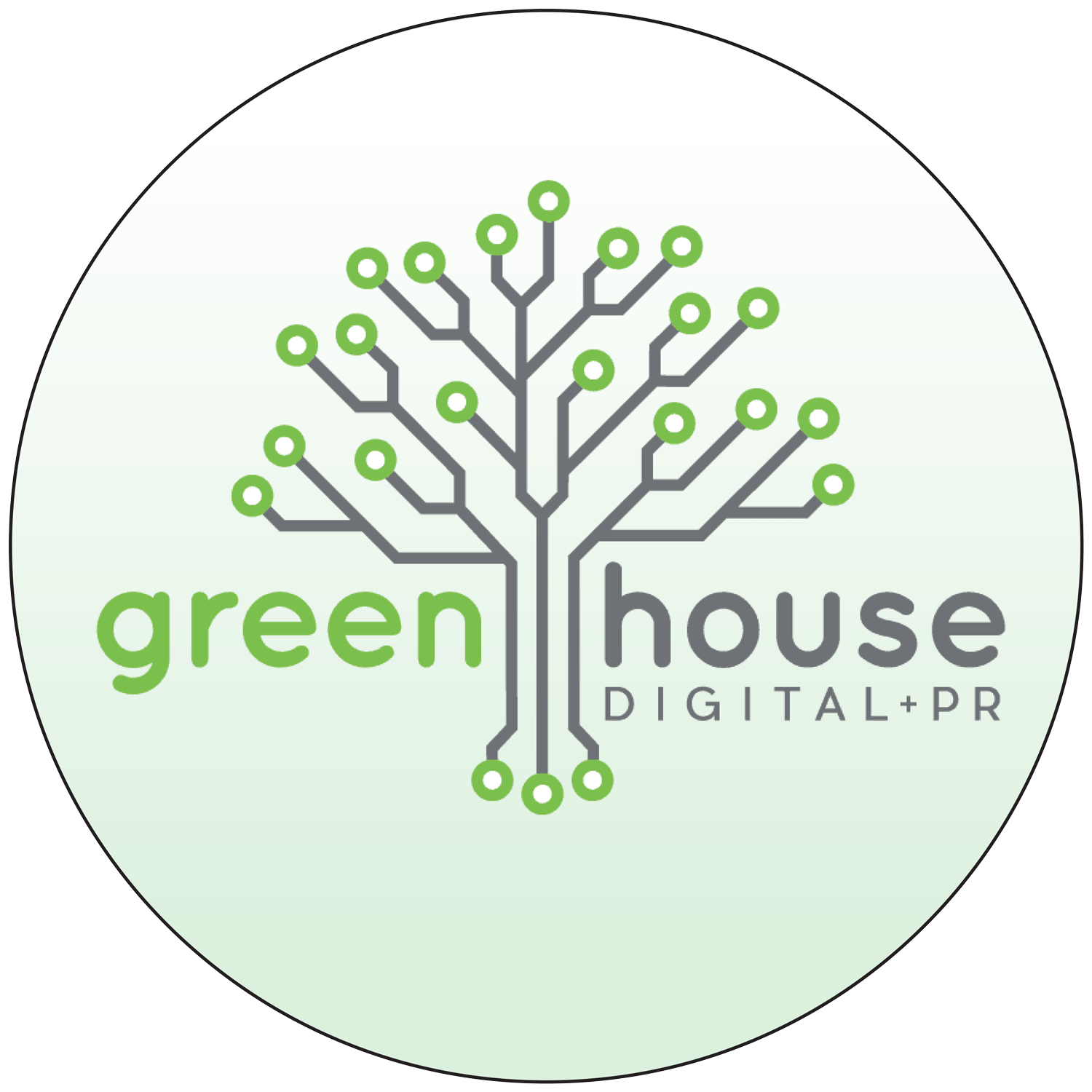
MARKETING MAGIC
By Greenhouse Digital + PR
Goodbye, Google Analytics; Hello, GA4
Be prepared for what's coming.

By now, you may have heard that by July 2023, Google Analytics is shutting down for good, as Google replaces the analytics service with GA4.
Why is this happening, and what does it mean for tracking my website analytics? Those are great questions that we will answer below.
Why is Google Analytics going away?
Privacy concerns among web users are growing, and they are demanding more data protection, especially when it comes to their mobile devices. When Google launched Google Analytics 10 years ago, the platform had limited iOS and other cell phone data to measure and protect, as software like iOS was only four years old. No one anticipated how explosive the mobile web experience would be.
Two years ago, when Google first launched GA4, privacy was among the top concerns for developers. Earlier this year, Google began phasing out tracking cookies in an attempt to keep users’ privacy more secure. The original Google Analytic platform could not handle a cookie-less, evolving digital world.
Additionally, the platform was unable to measure cross-platform data. The GA4 platform, unlike Google Analytics, can measure data across web, mobile and apps. GA4 also helps tackle growing privacy and cookie policy changes and offers more robust protection against international privacy laws.
The best way to understand the depth of the situation is to audit your analytics setup. If your web team is small or nonexistent, outsource the task to an agency specializing in Google data tracking or web development.
What to expect with GA4
Smaller businesses may have enough time to integrate the new tracking system and marketing analytics strategy into their websites. However, larger enterprises with sizeable websites, landing pages and microsites may need more time to integrate the reporting requirements for the transition properly.
The best way to understand the depth of the situation is to audit your analytics setup. If your web team is small or nonexistent, outsource the task to an agency specializing in Google data tracking or web development. Next, you will want to download as much historical data as possible. Why? Because… once the switch happens, all data will be lost.
Yes, we gasped at this too!
Finally, you want to start incorporating GA4 into your reporting as soon as possible. While the switch is not until next year, the sooner you have to adapt, the sooner you can work around and understand the capabilities and limitations of the new platform.
Benefits of switching to GA4
The benefits of switching to GA4 include:
• Enhanced data privacy;
• Cross-platform data tracking;
• Improved customer journey tracking;
• More robust user experience analysis;
• Deeper target audience understanding;
• User-friendly platform navigation;
• Simplified goals and events setup; and
• Enhanced reporting.
Leading brands around the world are quickly adapting to the new change. While most companies may not have the big budgets like a McDonald’s has, a lesson or two can be learned about what the change is doing to improve analytics and reporting. Especially for a brand with multiple markets and target audiences.
We understand the frustration of another website privacy and reporting change. Since the announcement of replacing cookies, it has been a trickling effect of changing website and ad privacy tracking. Ensure you get ahead of the change and avoid years of lost data and improve your analytics strategy.

Olivier Le Moal / iStock / Getty Images Plus via Getty Images
GreenHouse Digital + PR is a boutique agency, specializing in digital marketing, social media and public relations solutions for the design and construction industry. Click here for more information.
